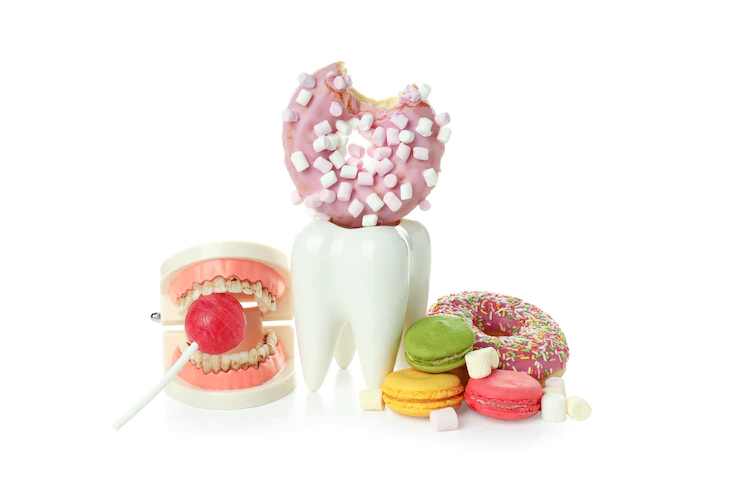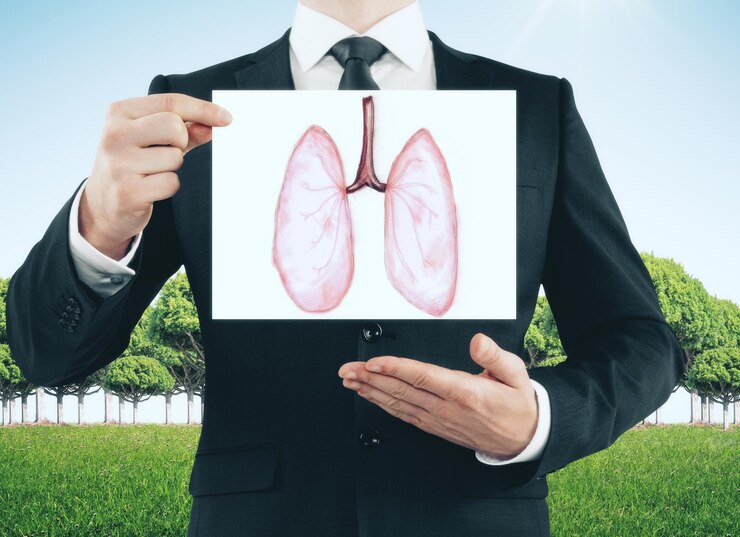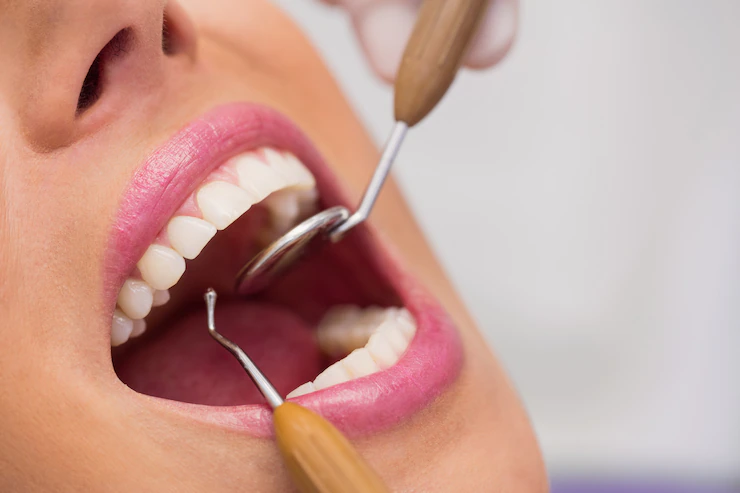Why Maintaining Oral Hygiene Crucial To Your Well-Being?
Oral hygiene is necessary to prevent frequent problems like tooth sensitivity, bleeding gums, cavities, and oral infections. Otherwise, these issues can also lead to chronic health issues. And that is not all. You may not realize that oral health has a deeper connection to your overall health.
Your mouth’s environment can affect the immune system, respiratory tract, and gut, increasing the likelihood of chronic illnesses. The opposite is also likely since various health problems can affect your mouth’s hygiene. For instance, oral infections are common if you have diabetes.
So, mere cavities and tooth sensitivity are not all about oral health issues. Oral health is much more complex than it appears. Thus, do not take it lightly and practice mouth hygiene rituals every day.
The following sections further highlight the importance of oral hygiene for your overall health and well-being.
Contents
1. No limitations On Food Choices

Oral health decides what you can consume. But your food choices can narrow down if you suffer from dentin hypersensitivity, cavities, gum problems, or other oral infections. Oral health impairments limit your food choices and deprive your body of a wholesome diet.
That’s why people rely on soft and liquid diet options. However, a liquid diet is not as healthy for the digestive system as a solid diet. It has minimum fiber content and lacks all nutritional value. And it does not engage all microbiota in food processing as in solid diet digestion.
Thus, consuming a processed diet affects microbiome composition, and your digestive system may not extract all minerals and vitamins.
For this reason, it’s viable to seek treatment than compromise your diet if you have a teeth-decaying problem. Look for experts in your region to ensure you get proper treatment. For instance, if you’re in San Francisco, contact Dental Implant & Oral Surgery Specialists in San Francisco for further inquiries on teeth replacements.
2. Better Digestive Health
Poor mouth health can also hamper routine functions of the digestive system. Since the mouth is the pathway to the digestive tract, it also contributes to digestive functions. For instance, teeth break food into digestible chunks, and saliva greases it for easy digestion.
The mouth also helps with energy metabolism by converting food residue into glucose right after eating. But oral infections, tooth sensitivity, and cavities can affect food processing and increase the workload of the rest of the digestive system.
Bacteria and germs from the mouth can also travel to your digestive tract with saliva and food. They can disturb microbiota composition in the gut and hamper food processing and energy conversion activities.
In addition, gulping down contaminated food from oral bacteria also affects the acid-liquid balance in the stomach. Protective receptors in the stomach trigger a robust immune response to counter their growth and activity.
Immune response in such cases means more acid production to kill harmful bacteria and germs. But higher acidity can damage the protective mucus lining in the stomach, creating complications like acidic reflexes, heartburn, and stomach ulcers. So, prevent such complications with better mouth hygiene and health.
3. Strong Immunity
Since the immune system is constantly engaged in defense activities, problems anywhere in the body increase its workload and compromise its functions. The same is true for oral health issues. Poor oral health can overstrain your immune system.
Overlooking oral hygiene means facilitating bacteria and germs growth and engaging your immune system in needless encounters. As a result, a multi-front fight further exhausts immune cells and hampers their functionality.
The other way round also holds significance. Your oral health is a reflection of a better immune system. If you suffer from oral infections, your immunity is not strong enough to fight pathogens in your mouth.
Weaker immunity further facilitates bacteria growth, leading to cavities and mouth infections. So, better oral health means your mouth can provide the first line of defense against harmful pathogens. It assists and augments the immune system’s control and defense mechanism.
4. Healthy Respiratory Tract Functions

Better oral hygiene is essential for healthy respiratory tract functions. Your mouth, along with your nose, is a gateway to the respiratory tract. Oral hygiene affects the quality of the air you inhale. Poor hygiene and oral infections mean your mouth is a breeding and colonizing ground for germs and bacteria, so your respiratory tract receives contaminated air.
Pathogens from impure air, denture plaque, and saliva can harm the airways and lungs. They can modify and damage mucosal surfaces of the respiratory tract and promote their adhesion and colonization along the airways.
Collectively, these pathogens can interfere with lung function, damage air sacs, and cause lung infections like aspiration pneumonia and obstructive pulmonary disease. So, oral health management is essential to keep track of pathogens right at the entry point and before they spread and disturb such vital organs and their functions.
5. Minimizing The Risk Of Chronic Illnesses
Oral health issues can also promote the risk of chronic conditions like diabetes, obesity, and heart disease. Your risk for health issues like obesity and diabetes increases if you have an oral health issue. Studies suggest a substantial correlation between periodontitis (a gum disease) and diabetes and obesity.
Periodontitis affects liver and pancreas functions and creates possibilities for insulin impairment, increasing the risk factors for type-2 diabetes. Pathogens from periodontitis affect alpha and beta cell functions in the pancreas and Kupffer cells in the liver.
These cells are responsible for metabolizing fat and glucose from the bloodstream. Since both these organs have an essential role in glucose and insulin production and regulation, irregularities can increase the risk of pre-diabetes.
And diabetes further lays the ground for heart health problems. Hence, healthcare complications even in the mouth can disturb the functions of every bodily system and jeopardize your overall health.
Conclusion
Oral hygiene and health are much more than breathing freshness and bright teeth. Though better oral health promotes your wellness, hygiene problems can also increase your risk factors for several health issues if you overlook oral hygiene.
So, practice proper oral hygiene techniques like brushing and flossing after every meal. And get dental checks now and then to prevent cavities and mouth infections.
Read Also:
- Visit A Cosmetic Dentist For A Smile Makeover
- Oral Health in Self-Isolation During COVID-19 Pandemic
- What You Need to Know About Growing Oral Health Concerns in New Hampshire



